Description
Poetry. Book with accompanying CD. Michael Daley’s MOONLIGHT IN THE REDEMPTIVE FOREST drives a stake into the heart of complacency. Its theme is war, though not warfare. From spoken and unspoken minefields in drug addled families of America, from final solutions at Auschwitz and Eastern Europe, the savage firebombing of Tokyo, the poems depict survivors and victims with compassion and, ultimately, hope. Its longest poem evokes in narrative form a legend from Daley’s South Boston Irish heritage, where poverty and suspicion overshadowed innocence. These poems should be heard—a CD, with music by Brad Killion, comes with the book—and savored for their crisp and daring language; not paeans to the virtuous triumphant, these are songs of the wounded who sing in their chains. (Currently out of stock)
“…A beautiful poem called “On Air,” which provides glimpses into several biographies, changes scene and character abruptly in the manner of “The Wasteland.” (Daley borrows even more obviously from Eliot’s “Ash Wednesday” in “The Daughter’s Tale” which repeats the “Because” opening throughout; also in the obvious spoof, “La Figlia Che Concupisce…”) At any rate, “On Air” begins with the child awakening at his grandmother’s house:
<em>“Lit dew haloes my curtain.”</em> The Second World War is raging and his father bluffs his way into the air force (reiterating the theme of air). Then it’s 1961 and the boy is living with his uncle Danny Donovan, a fisherman, who regales the young man with homespun philosophy: <em>“He said,/ now I shall live to see what no one in the last decade…could live to believe.”</em> In the next section, the narrator, having “lost my faith in air,” takes to riding the rails, meeting strange characters and having unsettling dreams and many dream-like experiences.
<em>where was it? Reno? Albuquerque?—
when one of Jesus’ shoeless boys sang on the night air,
and walked the desert calling all us drifters?</em>
We get a last look at his grandmother <em>“…waving on the porch she rides/ past Jupiter and Venus.”</em> And we close as the father, standing in the cockpit of a warplane over the Aleutians, exults in his freedom:
<em>you leaned into the ear of the pilot a low
whistle, a sigh, a breath, laughing on the air.</em>
Hopefully the foregoing is sufficient to give the reader some of the flavor of this highly idiosyncratic poet. There are many poems that sing the sensations of childhood. There are several long poems such as “Teacup & Cookie” or “Frankie The Milkman’s Song,” which contain a wealth of images, experiences and human emotions that are well worth close study, but present deeper complexity than can be examined in a short review. I can confidently recommend <em>Moonlight in the Redemptive Forest</em> as both a notable instance of postmodern style and an extraordinarily rich quarry of poetic invention.” –Martin Abramson, Book/Mark Quarterly Review, Spring 2011
Michael Daley was born in Boston, and is a graduate of UMass with an MFA from the University of Washington. He’s worked as a laborer, taxi driver, waiter, tree-planter, editor, Poet-in-the-schools, and high school English teacher. The author of three books of poems, a book of essays and several chapbooks, his work has appeared in American Poetry Review, The Hudson Review, Ploughshares, Manoa, Alaskan Quarterly Review, Nebraska Review, Prairie Schooner, Poetry East, Raven Chronicles, Seattle Review, and on Garrison Keilor’s Writer’s Almanac. In 2001 he received a Fulbright grant to live in Hungary for a year. Twice the National Endowment of the Humanities has awarded his work, as has the Seattle Arts Commission, Bumbershoot, and the Fessenden Foundation. He received a grant from Artists Trust to produce the book MOONLIGHT IN THE REDEMPTIVE FOREST’s accompanying CD, “Frankie the Milkman’s Song & Other Poems.” For more on Michael Daley: https://www.pw.org/content/michael_daley
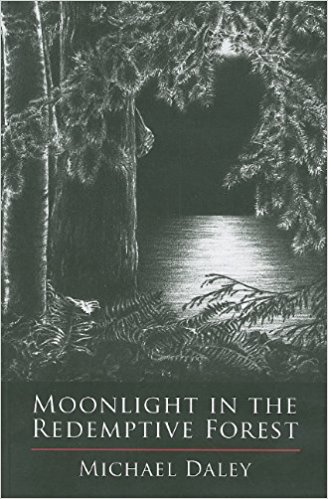


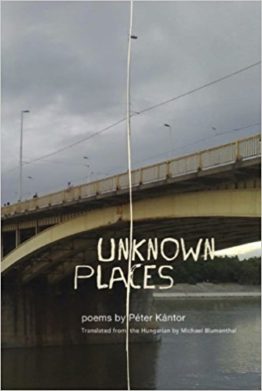
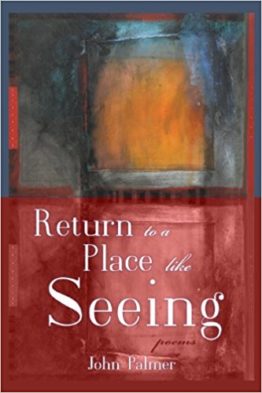

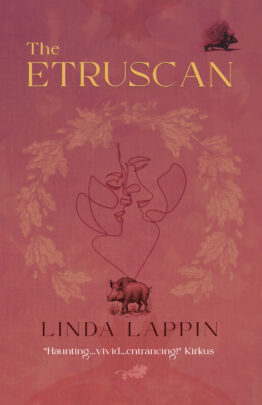
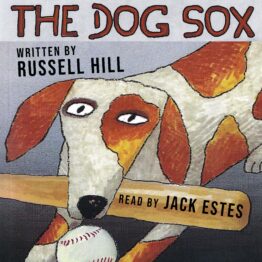
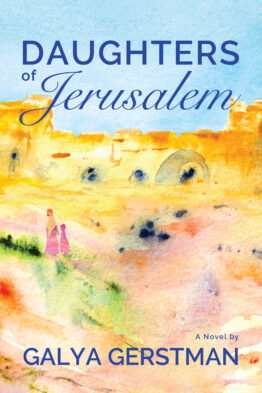
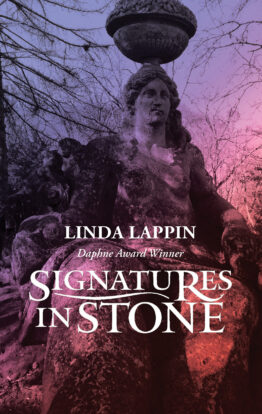
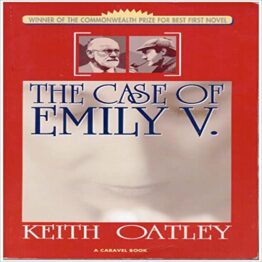
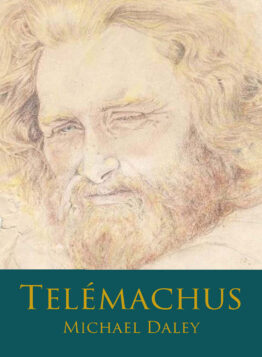


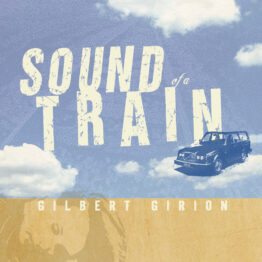
Martin Abramson, Book/Mark Quarterly Review, Spring 2011 –
This collection is difficult in the manner of much modern poetry; much indeed of the very best. It recalls styles practiced by poets like Pound or Ashbery: elliptical, fragmented, personalized, ambiguous, with missing referents, elusive meanings and seemingly random geographical or temporal settings. But if poetic abundance is an indication, Mr. Daley has indeed achieved a form of ‘redemption’ in his re-creation of a long, eventful life. A list of some of the book’s major venues would include Poland, Turkey, Auschwitz, Maine, Oregon and New York. Some of the characters who appear include members of the poet’s family, either viewed directly or in parable. They are often offered with titles that revisit Chaucer: “The Daughter’s Tale,” “The Wife’s Tale” and so on.
One of the more accessible works is “The Pariah’s Tale.” The “Pariah” has been an unwelcome guest of “sour odor” who “spilled” his “bowl on the table or dropped” his “pants to the neighbors.” He’s a self-imposed exile who arrives in a foreign land, a “little island,” without any of the memories or mental detritus of a former life. It’s a place where the church and schoolhouse are “locked in the daytime” and an “eagle circles the courthouse”—a courthouse stuffed with superfluous writs:
“You could scavenge all your life the bones of our romance with justice unfurled on a morning’s swashbuckling breeze.”
He swims out to steal fish from gulls, gill-netters and pleasure boats. “Over the rail the shadow of” his “head in the water / fills with white foam” joining his “…petty brain to vegetable flotsam.”
He finally cries:
“Who will love me? Who will want me now? Keeper of rock, oasis in space.
I have drifted so far from the map now everybody’s angry.”
“The Child’s Song” conveys a unique loveliness that expresses a child’s perception of the natural world.
“Thunder on the rocky beach…wild strawberry…Indian Paintbrush, orange and black….And the sky goes to stars, their milk filling the body of the Bear…” The child stares at the “shapeless sea…where we must go…out from the boughs of the forest.”
The truth of these poems is always concealed behind veils of hallucinatory diction. In “Moonrise After Moonrise,” Mr. Daley gives us a quick synopsis of earth’s history: “Stone age, Golden Age, Silver, Bronze Age, Iron Age” etc. followed by snapshots of our own era and its faults:
When log trucks are slave ships,
patches of ground burned bare of mystery—
…the figure of virtue no longer suitable in halls…
Clear enough, but what are we to make of associated lines like these:
memoirs of criminals snatched from their sewing machines…
terrazzo floors mutter the steps of prizewinners…
sacred groves machete forbade in, rusts in
Of course they are highly charged and dramatically suggestive, but they contain no clues to syntactical relationships and might suggest such radically different things to different readers that those expecting some sort of cohesiveness, might have cause to complain. In a brief but glowing addendum, the poem contrasts the simple but pure consciousness of a robin hopping “down the branch into thick rhododendrons…a moment she remains eternal within,” with the preceding evils of civilization.
A beautiful poem called “On Air,” which provides glimpses into several biographies, changes scene and character abruptly in the manner of “The Wasteland.” (Daley borrows even more obviously from Eliot’s “Ash Wednesday” in “The Daughter’s Tale” which repeats the “Because” opening throughout; also in the obvious spoof, “La Figlia Che Concupisce…”) At any rate, “On Air” begins with the child awakening at his grandmother’s house:
“Lit dew haloes my curtain.” The Second World War is raging and his father bluffs his way into the air force (reiterating the theme of air). Then it’s 1961 and the boy is living with his uncle Danny Donovan, a fisherman, who regales the young man with homespun philosophy: “He said,/ now I shall live to see what no one in the last decade…could live to believe.” In the next section, the narrator, having “lost my faith in air,” takes to riding the rails, meeting strange characters and having unsettling dreams and many dream-like experiences.
where was it? Reno? Albuquerque?—
when one of Jesus’ shoeless boys sang on the night air,
and walked the desert calling all us drifters?
We get a last look at his grandmother “…waving on the porch she rides/ past Jupiter and Venus.” And we close as the father, standing in the cockpit of a warplane over the Aleutians, exults in his freedom:
you leaned into the ear of the pilot a low
whistle, a sigh, a breath, laughing on the air.
Hopefully the foregoing is sufficient to give the reader some of the flavor of this highly idiosyncratic poet. There are many poems that sing the sensations of childhood. There are several long poems such as “Teacup & Cookie” or “Frankie The Milkman’s Song,” which contain a wealth of images, experiences and human emotions that are well worth close study, but present deeper complexity than can be examined in a short review. I can confidently recommend Moonlight in the Redemptive Forest as both a notable instance of postmodern style and an extraordinarily rich quarry of poetic invention.